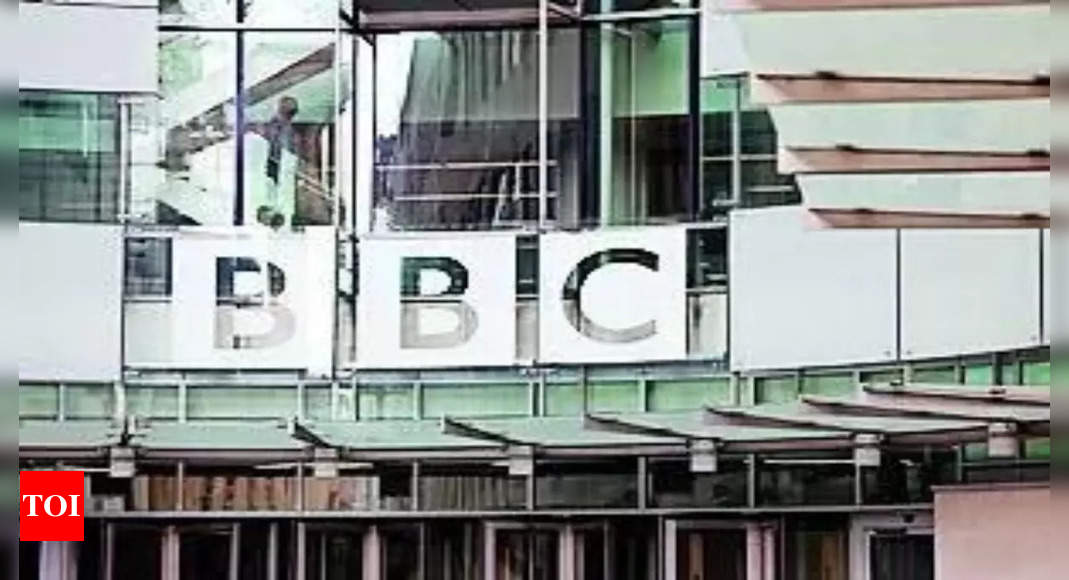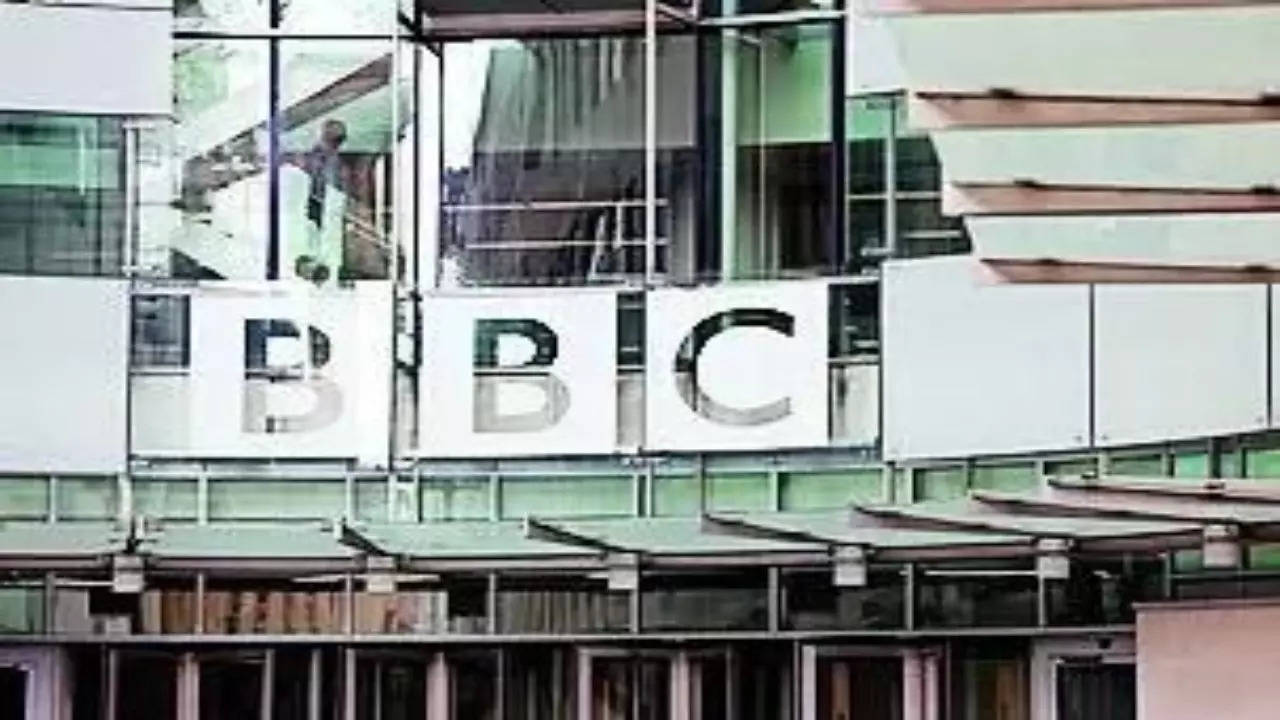[ad_1]
LONDON: The BBC split up its news operations in India into two on Wednesday and four former BBC India staff set up a new Indian company to produce its six Indian language services.
The BBC said the establishment of the independent, Indian-owned entity called the “Collective Newsroom” was so that it could cover stories on India in compliance with Indian foreign direct investment laws.
In Aug 2019 the Indian govt created a cap of 26% FDI in digital news services in India.
Published from India, the Collective Newsroom will create programmes and produce content for BBC, its first and only client, but it is also available to make content for other news providers across India and around the globe.
Speaking exclusively to TOI on Wednesday, a BBC spokesperson said: “The changes reflect the local regulations in India. The changes are not about the tax surveys. The BBC is liaising with the authorities regarding tax as we do in all countries we operate in.”
In Feb 2023 income-tax surveys were conducted at the Delhi and Mumbai premises of the BBC over three days, during which officials seized details on BBC’s structure. Those surveys took place weeks after a controversial documentary on Narendra Modi and the 2002 Gujarat riots was aired by BBC in UK, which got banned in India. The Indian govt denies the surveys and the documentary are connected.
The BBC has applied for a stake of just under 26% in the new Indian company. This is a first for the broadcaster’s global operations.
Collective Newsroom is wholly owned by Indian citizens, with four former BBC India staff, Rupa Jha, Mukesh Sharma, Sanjoy Majumder and Sara Hassan, leaving the BBC to lead Collective Newsroom. As of Wednesday, 200 former BBC staff are now working for Collective Newsroom to produce content for thesix Indian language BBC services (Hindi, Marathi, Gujarati, Punjabi, Tamil, and Telugu) published in India, as well as its YouTube channel in English, BBC News India.
Collective Newsroom is situated at a separate office in Delhi.
The BBC retains 80 to 90 staff working for the BBC News India news gathering entity, who report to editors in London.
“The BBC has a long-held and deep-rooted place in India’s media landscape, having first launched the Hindi language service in 1940,” the UK national broadcaster said.
The BBC said the establishment of the independent, Indian-owned entity called the “Collective Newsroom” was so that it could cover stories on India in compliance with Indian foreign direct investment laws.
In Aug 2019 the Indian govt created a cap of 26% FDI in digital news services in India.
Published from India, the Collective Newsroom will create programmes and produce content for BBC, its first and only client, but it is also available to make content for other news providers across India and around the globe.
Speaking exclusively to TOI on Wednesday, a BBC spokesperson said: “The changes reflect the local regulations in India. The changes are not about the tax surveys. The BBC is liaising with the authorities regarding tax as we do in all countries we operate in.”
In Feb 2023 income-tax surveys were conducted at the Delhi and Mumbai premises of the BBC over three days, during which officials seized details on BBC’s structure. Those surveys took place weeks after a controversial documentary on Narendra Modi and the 2002 Gujarat riots was aired by BBC in UK, which got banned in India. The Indian govt denies the surveys and the documentary are connected.
The BBC has applied for a stake of just under 26% in the new Indian company. This is a first for the broadcaster’s global operations.
Collective Newsroom is wholly owned by Indian citizens, with four former BBC India staff, Rupa Jha, Mukesh Sharma, Sanjoy Majumder and Sara Hassan, leaving the BBC to lead Collective Newsroom. As of Wednesday, 200 former BBC staff are now working for Collective Newsroom to produce content for thesix Indian language BBC services (Hindi, Marathi, Gujarati, Punjabi, Tamil, and Telugu) published in India, as well as its YouTube channel in English, BBC News India.
Collective Newsroom is situated at a separate office in Delhi.
The BBC retains 80 to 90 staff working for the BBC News India news gathering entity, who report to editors in London.
“The BBC has a long-held and deep-rooted place in India’s media landscape, having first launched the Hindi language service in 1940,” the UK national broadcaster said.
[ad_2]
Source link


